


Nathan Klark wrote:
Jules Silverlock wrote:
Link expired in the thread

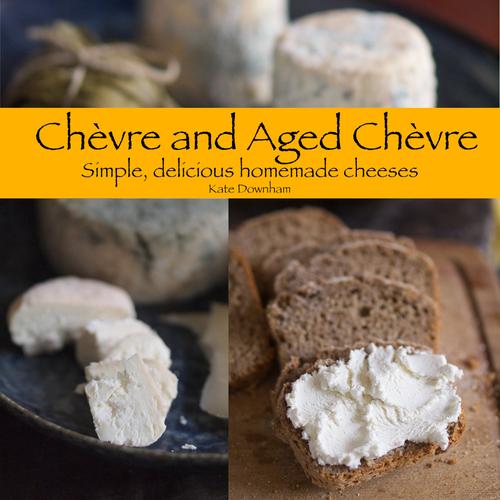



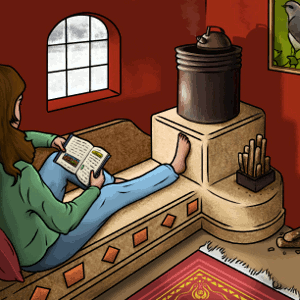
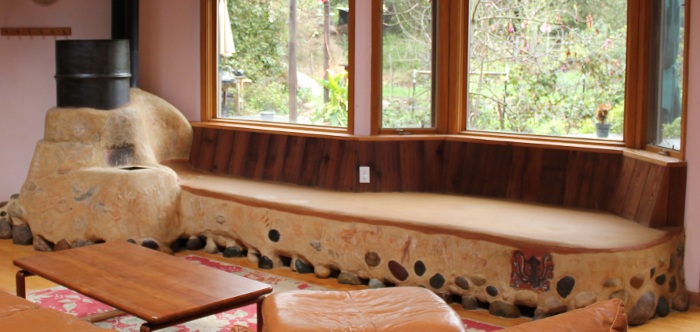



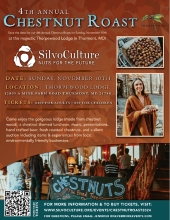
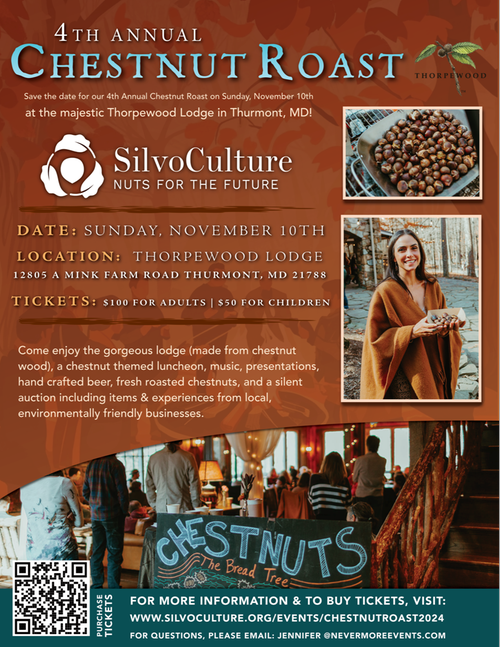
To celebrate more nut trees getting planted we are hosting our 4th Annual Chestnut Roast at the majestic Thorpwood Lodge here in the Blue Ridge Mountains. Come enjoy the gorgeous lodge (made from chestnut wood), a chestnut themed lunch, music, presentations, hand-crafted chestnut beer, fresh roasted chestnuts, desserts, and more nutty fun. Key note speaker is Kevin M. Atticks, Maryland Secretary of Agriculture.
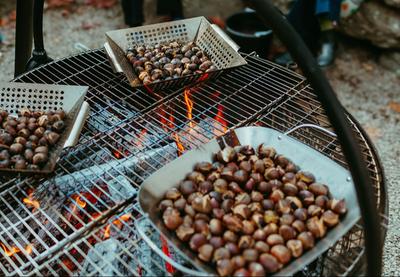
Hybrid chestnuts are a fascinating development in the world of agriculture and permaculture. They are cultivated varieties that result from crossbreeding American chestnuts (Castanea dentata) with other species, such as Chinese chestnuts (Castanea mollissima) or Japanese chestnuts (Castanea crenata). This hybridization is primarily aimed at combining the best traits of each species to produce trees that are resistant to chestnut blight, while also maintaining high productivity of tasty nuts.
Historical Context
The American chestnut was once a dominant tree species in eastern North American forests, renowned for its valuable timber and as a source of food. However, in the early 20th century, a fungal disease known as chestnut blight, caused by Cryphonectria parasitica, devastated the population, virtually eliminating the species from the landscape. This led to a significant ecological and economic impact.
Development of Hybrid Varieties
Hybrid chestnuts have been developed through selective breeding projects aimed at combining the resilience of the American chestnut while incorporating resistance traits from productive Asian varieties. These programs have shown promising results, producing trees that thrive in areas where American chestnuts were once prevalent and beyond.
Future of Hybrid Chestnuts
The development and cultivation of hybrid chestnuts hold potential for ecological restoration, economic benefits from chestnut production, and even carbon sequestration. Organizations such as SilvoCulture are continually working on improving these hybrids to bring back chestnut trees to the landscapes and plates of North America.
In conclusion, hybrid chestnuts represent a promising step towards revitalizing the role that chestnut trees once played in North America's natural and agricultural environments. Through continued research and breeding efforts, there is hope that these hybrids will fill the ecological niche left vacant by the American chestnut's decline.
Please consider joining out efforts by sponsoring SilvoCulture's upcoming Chestnut Roast - whether you can make it in person or not.



Do you have a design you've been meaning to implement, but have been held back by the cost? This is your shot to make a real difference in your community.
Winning the Permaculture Design Contest will give you the funds to make your dream project a reality. Plus, PINA will be there to offer guidance to ensure your project gets implemented successfully.







Do you have a design you've been meaning to implement, but have been held back by the cost? This is your shot to make a real difference in your community.
Winning the Permaculture Design Contest will give you the funds to make your dream project a reality. Plus, PINA will be there to offer guidance to ensure your project gets implemented successfully.







For years we had been harvesting nuts from the Morris Orchard which was owned by an elderly couple and when they chose to sell we stepped right in to help preserve this very special place. We have now been approved for a 7.5 acre natural burial ground that spans parts of a 60 year old chestnut grove, a 25 year old black walnut and pecan grove, and a majestic meadow that is soon to become an orchard too.



